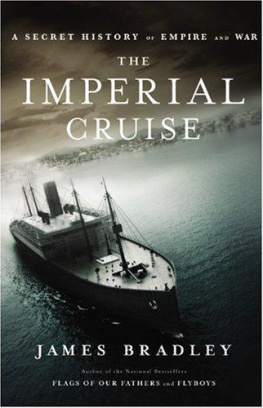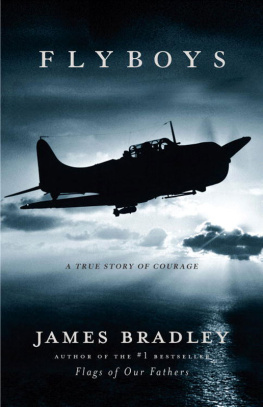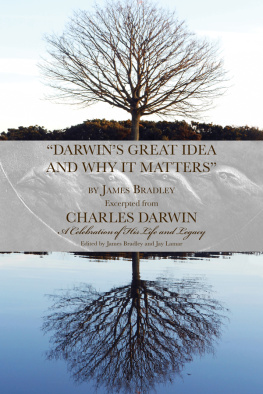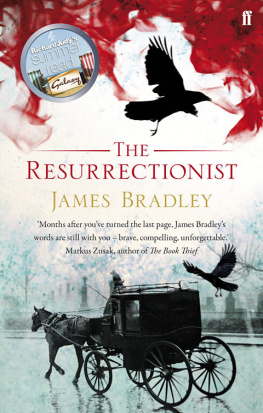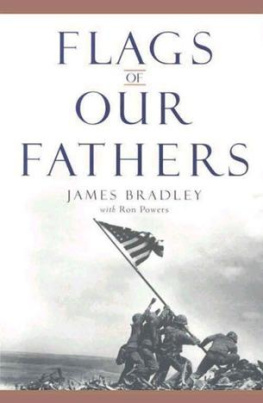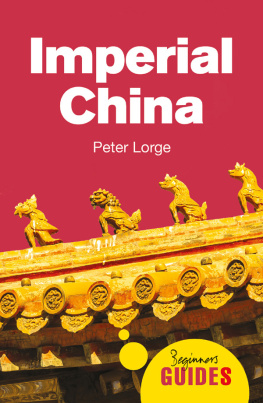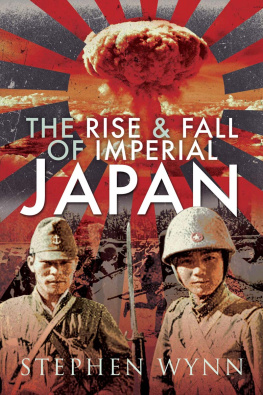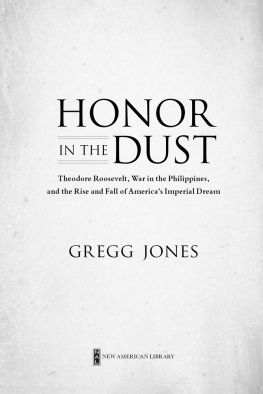All rights reserved. Except as permitted under the U.S. Copyright Act of 1976, no part of this publication may be reproduced, distributed, or transmitted in any form or by any means, or stored in a database or retrieval system, without the prior written permission of the publisher.
Visit our website at www.HachetteBookGroup.com .
www.twitter.com/littlebrown .
Little, Brown and Company is a division of Hachette Book Group, Inc. The Little, Brown name and logo are trademarks of Hachette Book Group, Inc.
I wish to see the United States the dominant power on the shores of the Pacific Ocean. T HEODORE R OOSEVELT , O CTOBER 29, 1900
W hen my father, John Bradley, died in 1994, his hidden memory boxes illuminated his experience as one of the six men who raised the flag on Iwo Jima. A book and movieboth named Flags of Our Fathers told his story. After writing another book about World War II in the Pacific Flyboys I began to wonder about the origins of Americas involvement in that war. The inferno that followed Japans attack on Pearl Harbor had consumed countless lives, and believing theres smoke before a fire, I set off to search for the original spark.
In the summer of 1905, President Theodore Rooseveltknown as Teddy to the publicdispatched the largest diplomatic delegation to Asia in U.S. history. Teddy sent his secretary of war, seven senators, twenty-three congressmen, various military and civilian officials, and his daughter on an ocean liner from San Francisco to Hawaii, Japan, the Philippines, China, Korea, then back to San Francisco. At that time, Roosevelt was serving as his own secretary of stateJohn Hay had just passed away and Elihu Root had yet to be confirmed. Over the course of this imperial cruise, Theodore Roosevelt made important decisions that would affect Americas involvement in Asia for generations.

President Theodore Roosevelt. (Library of Congress)
The secretary of war, William Howard Taft, weighing in at 325 pounds, led the delegation, and to guarantee a Roosevelt name in the headlines, the president sent his daughter Alice, the glamorous Jackie Kennedy of her day, a beautiful twenty-one-year-old known affectionately to the world as Princess Alice. Her boyfriend was aboard, and Taft had promised his boss he would keep an eye on the couple. This was not so easy, and on a few hot tropical nights, Taft worried about what the unmarried daughter of the president of the United States was up to on some dark part of the ship.

The secretary of war, William Howard Taft. President Roosevelt wrote Taft, I have always said you would be the greatest President, bar only Washington and Lincoln, and I feel mighty inclined to strike out the exceptions! (Library of Congress)
Theodore Roosevelt had been enthusiastic about American expansion in Asia, declaring, Our future history will be more determined by our position on the Pacific facing China than by our position on the Atlantic facing Europe. Teddy was confident that American power would spread across Asia just as it had on the North American continent. In his childhood, Americans had conquered the West by eradicating those who had stood in the way and linking forts together, which then grew into towns and cities. Now America was establishing its naval links in the Pacific with an eye toward civilizing Asia. Hawaii, annexed by the United States in 1898, had been the first step in that plan, and the Philippines was considered to be the launching pad to China.

Ten Thousand Miles from Tip to Tip. The map of a small United States in 1798 contrasts with the American eagles 1898 spread from the Caribbean to China. (Library of Congress)
Teddy had never been to Asia and knew little about Asians, but he was bully confident about his plans there. I wish to see the United States the dominant power on the shores of the Pacific Ocean, he announced.
Theodore Roosevelt stands as one of Americas most important presidents and an unusually intelligent and brave man. His favorite maxim was Speak softly and carry a big stick. This book reveals that behind his Asian whispers that critical summer of 1905 was a very big stickthe bruises from which would catalyze World War II in the Pacific, the Chinese Communist Revolution, the Korean War, and an array of tensions that inform our lives today. The twentieth-century American experience in Asia would follow in the diplomatic wake first churned by Theodore Roosevelt.
I N THE SUMMER OF 2005exactly one hundred years laterI traveled the route of the imperial cruise.
In Hawaii, I rode the Waikiki waves like Alice had, saw what she had seen, and learned why no native Hawaiians had come to greet her.
Today the United States is asking Japan to increase its military to further American interests in the North Pacific, especially on the Korean peninsula, where both the Chinese and the Russians seek influence. In the summer of 1905, clandestine diplomatic messages between Tokyo and Washington, D.C., pulsed through underwater cables far below the surface of the Pacific Ocean. In a top-secret meeting with the Japanese prime minister, Taftat Roosevelts directionbrokered a confidential pact allowing Japan to expand into Korea. It is unconstitutional for an American president to make a treaty with another nation without United States Senate approval. And as he was negotiating secretly with the Japanese, Roosevelt was simultaneously serving as the honest broker in discussions between Russia and Japan, who were then fighting what was up to that time historys largest war. The combatants would sign the Portsmouth Peace Treaty in that summer of 1905, and one year later, the president would become the first American to be awarded the Nobel Peace Prize. The Nobel committee was never made aware of Roosevelts secret negotiations, and the world would learn of these diplomatic cables only after Theodore Roosevelts death.
* * *
O N J ULY 4, 1902, Roosevelt had proclaimed the U.S. war in the Philippines over, except for disturbances in the Muslim areas. In 1905, the imperial cruise steamed into the port city of Zamboanga, a Muslim enclave 516 miles south of Manila. Princess Alice sipped punch under a hot tropical sun as Big Bill Taft delivered a florid speech extolling the benefits of the American way.
A century later I ventured to Zamboanga and learned that the local Muslims hadnt taken Tafts message to heart: Zamboangan officials feared for my safety because I was an American and would not allow me to venture out of my hotel without an armed police escort.
The city looked peaceable enough to me and I thought the Zamboangan polices concern was overdone. One morning I was sitting in the backseat of a chauffeured car with my plainclothes police escort as we drove by city hall. The handsome old wooden building had once been headquarters of the American military. The U.S. general Black Jack Pershing had ruled local Muslims from a desk there, and the grassy shaded park across the street was named after him.

